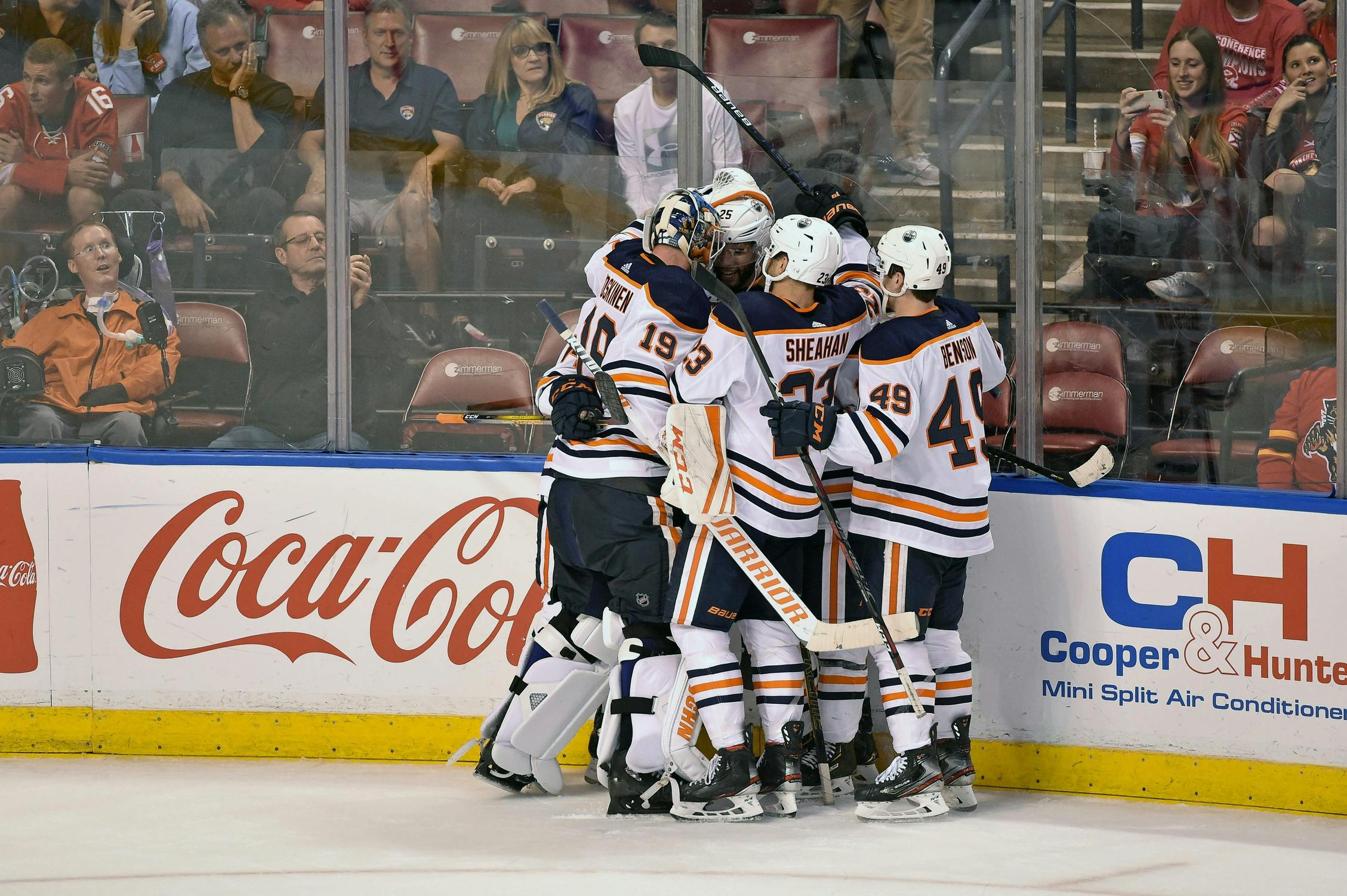A week ago the idea of playing games in front of empty stadiums seemed insane. Very few people thought that the COVID-19 outbreak would reach that point. Well, it skipped that phase completely and now we’re at a point where we likely won’t see any professional sports played in North America for the rest of the month.
Even thinking that there will be games played as early as April 1st seems foolish but let’s just assume that we get a ‘best case scenario’ and the NHL is ready to resume play in 3-4 weeks. What should they do? How should the league handle the fact that there are unplayed games on the schedule?
I was reading different ideas and scenarios being thrown around Twitter and there are a few that I think might make the most sense. To start, let’s just talk about the regular season before we get to the playoffs.
EXTEND THE SEASON
Hearing as part of the #NHL's due diligence process, teams have been asked to provide arena building availability through the end of July.
— Frank Seravalli (@frank_seravalli) March 12, 2020
Frank Seravalli has already reported that teams have been asked to hand in their arena availability up until the end of July which leads me to believe that they are okay with handing out the Stanley Cup a month and a half later than usual.
That would be the easiest solution for the rest of this season, but still presents a lot of problems. First of all, making sure that all of there arenas are available in busy markets could be a huge issue, but that’s something they will run into no matter how they decide to handle this.
This also creates some problems when it comes to the draft and free agency. If they don’t hand out the regular season until July 20th, are there problems with pushing both the NHL Draft and free agency period?
I’m not a CBA expert, but the NHL season usually ends on June 30th and if they continue playing into July, could there not be issues with players on expiring deals? Would every player on an expiring contract have to have their contracts extended by one month for insurance/legal purposes?
This situation would also cause problems with the 2020-21 season. I doubt the NHLPA would sign off on something that drastically cuts short their players offseasons and recovery periods. Extending this season could just result in cutting next season short. I doubt the NHL wants to do that.
SHORTEN THE REGULAR SEASON
Having every team just play until the 75 game mark, or something like that, seems like a good idea but there are certainly problems with it. How do you ensure that every team ends the year with exactly 74 or 75 games? You would have to change the schedule completely and when you do that, you still run into problems with arena availability.
I don’t see a shortened regular season working. I just think it creates a lot of problems and will still leave teams upset with the process should they miss the playoffs by a point or two, which would also be a problem if they ended the regular season altogether, which is certainly a possibility. It’s the middle ground between the two options, but I think it might create the most issues.
END THE REGULAR SEASON
Mar 3, 2020; Dallas, Texas, USA; Edmonton Oilers center Ryan Nugent-Hopkins (93) and goaltender Mikko Koskinen (19) and the Oilers celebrate the win over the Dallas Stars at the American Airlines Center. Mandatory Credit: Jerome Miron-USA TODAY Sports
This one presents a lot of issues as well. How do you handle the fact that a team like the Vancouver Canucks are currently two points back of the Calgary Flames with a game in hand? Do you just run the standings by ‘points percentage’? Do you give ‘credit’ and say that teams get one point for every unplayed game that they currently have?
There are going to be organizations that are very upset with how their season ends if the NHL decides to cancel the rest of the regular season and skip right to the playoffs.
There is also the issue of the draft lottery. There is still movement in the standings right up until the final day of the regular season and if the league just ends things, some teams might be upset with how that affects their chances of winning the draft lottery. It seems small, but you know there will be teams that have an issue with it.
This makes things simple because there are fewer problems with rescheduling games. The 16 teams in the playoffs would have been anticipating games into late April or early May so they should be able to work out a schedule. It takes out the issue of having the schedule a bunch of individual games for 31 teams.
No matter what the league does, there is a laundry list of problems that go along with it. Finding a solution that works for the league and the players will be incredibly difficult. What could they do with the playoffs as well? That’s a whole different problem and one I’ll look into over the next few days.

